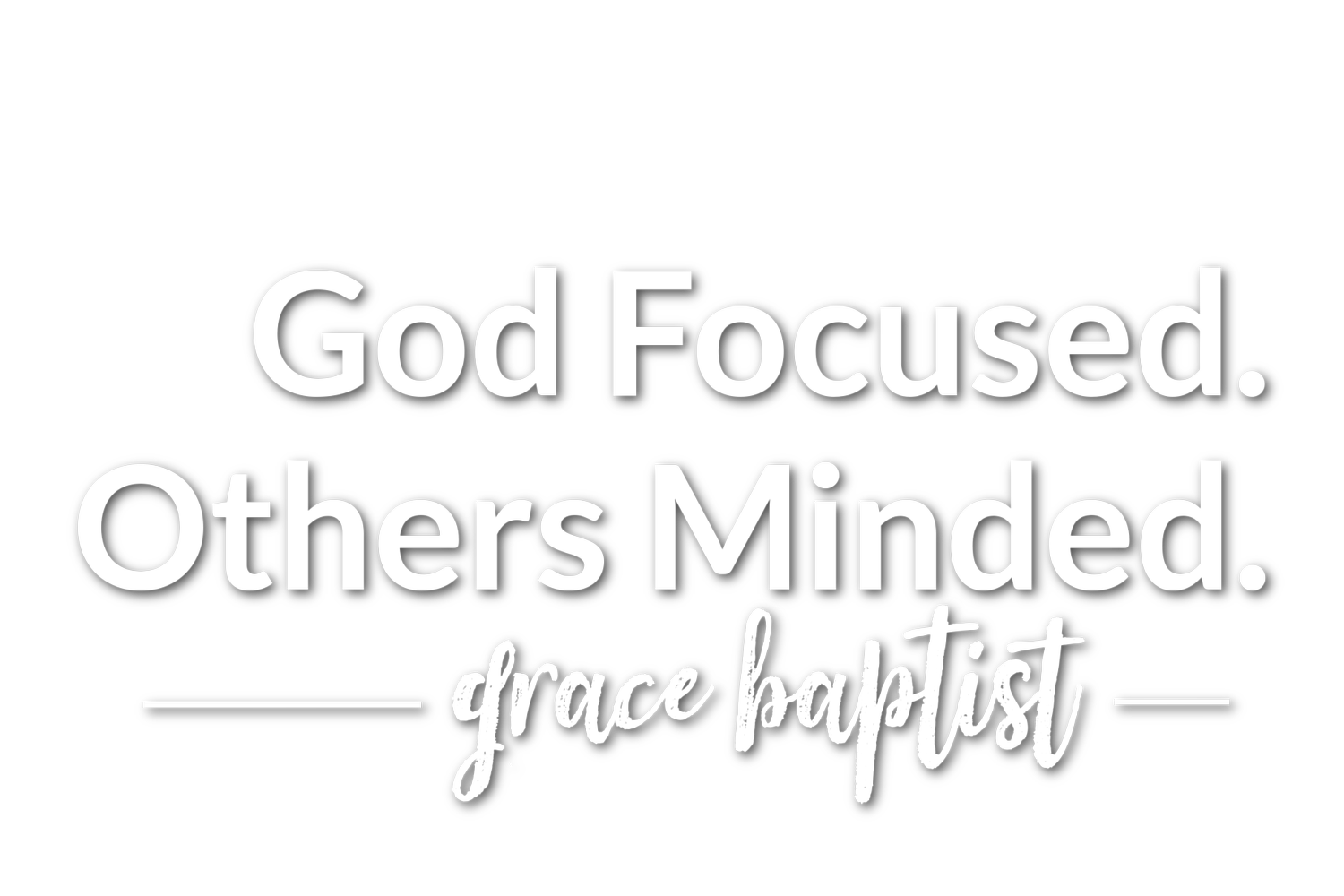In the 1950s a psychologist, Stanton Samenow, and a psychiatrist, Samuel Yochelson, sharing the conventional wisdom that crime is caused by environment, set out to prove their point. They began a 17-year study involving thousands of hours of clinical testing of 250 inmates here in the District of Columbia. To their astonishment, they discovered that the cause of crime cannot be traced to environment, poverty, or oppression. Instead, crime is the result of individuals making, as they put it, wrong moral choices. In their 1977 work The Criminal Personality, they concluded that the answer to crime is a, “Conversion of the wrong-doer to a more responsible lifestyle.”
In 1987, Harvard professors James Q. Wilson and Richard J. Herrnstein came to similar conclusions in their book Crime and Human Nature. They determined that the cause of crime is a lack of proper moral training among young people during the morally formative years, particularly ages one to six. (Source: Christianity Today, August 16, 1993)
We must choose to own our own choices.
The press to go back is made (v. 7-9).
…to your Moabite homes (v. 8)
…in genuine love (v. 8 – “deal kindly”)
…for a better future…marriage (v. 9 – “find rest”)
The connections between these women are strong and very real (v. 9-13).
There was crying among all three ladies. Emotions have a tendency to confuse right thinking.
Naomi presses Orpah and Ruth to return home (v. 10)
Naomi provides important reasoning in the middle of a very emotional time (v. 11-13)
“it grieveth me much” – Naomi is telling them that this is harder on her than it was on them.
Ruth and Orpah made their own decisions, and they took chose different directions (1:14-18).
NAOMI’S PRESSING & REASONING TEACHES US TO:
1. Remove manipulation and intimidation from the decision-making process.
If they were going to come with her, they needed to make it their choice…not a deceived choice with manipulation – and not because they were intimidated to do go with her.
Have you ever made a choice because of manipulation or intimidation? We probably all have at some point in our lives. However, such a choice surrounded with such impure motives, will only lead to more struggle in the future. It will always take more what got you “there” to keep you “there.”
2. Remove “feelings based” choices from the decision-making process.
Emotions were heavy in this scene; however, Naomi insists on helping these young women listen to the facts. We must take great care not to make decisions based only on feelings. Feelings will often be involved, but it is important we do not make “feelings” the foundation of our decision making. Whether it is an altar call after a particularly moving sermon, or it is financial decision being made, we cannot make our decisions based purely on feelings. Feelings change…daily! Truth remains steady. Truth strengthens long term decisions.
3. The reality of what is best for me, may not be best for you.
Naomi has known these ladies for 10 years. This passage speaks of genuine love for one another. Naomi doesn’t stress a direction that would best benefit herself. Think about it. Sending them away would remove:
…travel companions
…help in settling back in at Bethlehem-Judah
…friends at a time she is returning to the place she left for Moab (Israel’s enemy)
…companionship. Without companionship, the loss of her husband and two sons would seem even heavier during this move to return home. Naomi is about to face a lot of “firsts” in returning home…first experiences without her husband and sons at home. The last time she was in Bethlehem-Judah her husband and sons were alive.
So, Naomi allows Ruth and Orpah to choose their path without asking them to consider her needs. What happens? God takes care of Naomi’s needs.
4. Never forget the reality of accountability for our own choices.
Even though Naomi is struggling with bitter disappointments, she is giving wise counsel to Orpah and Ruth. When things get harder…and they will…these ladies don’t want to be feeling like they had no choice in coming with Naomi. They made different choices…but, they made their own choice.
Romans 14:8, 12
“For whether we live, we live unto the Lord; and whether we die, we die unto the Lord: whether we live therefore, or die, we are the Lord's.
So then every one of us shall give account of himself to God.”
So, when we make choices in life, we cannot blame anyone else FOR WHAT WE CHOOSE TO DO!
Your temper is not your boss’ or your kid’s fault…
Your gossip or slander is not your friend’s fault…
Your ill-treatment of another human being is not the fault of their skin color…
Your killing of an unwanted pregnancy is not the doctor’s fault…
Your yelling at your family is not your family’s fault…
We must also remember that the devil didn’t necessarily “make you do it.” In fact, it is very likely the wickedness of our own heart led us to a sinful choice! Jeremiah 17:9.
We must take ownership of our own choices (without justification for what makes us look bad!). Confess and repent where sin has been chosen…and rest in the One who able to do all.
Are you are walking a life journey that is simply hard, lonely, and too long? Remember, Naomi has been on this path for 10 years! As you take your own steps in life’s journey, remember 3 things:
You cannot blame others for your own choices.
You will give an account to God for your choices.
God alone will give you rest and provide your need.
